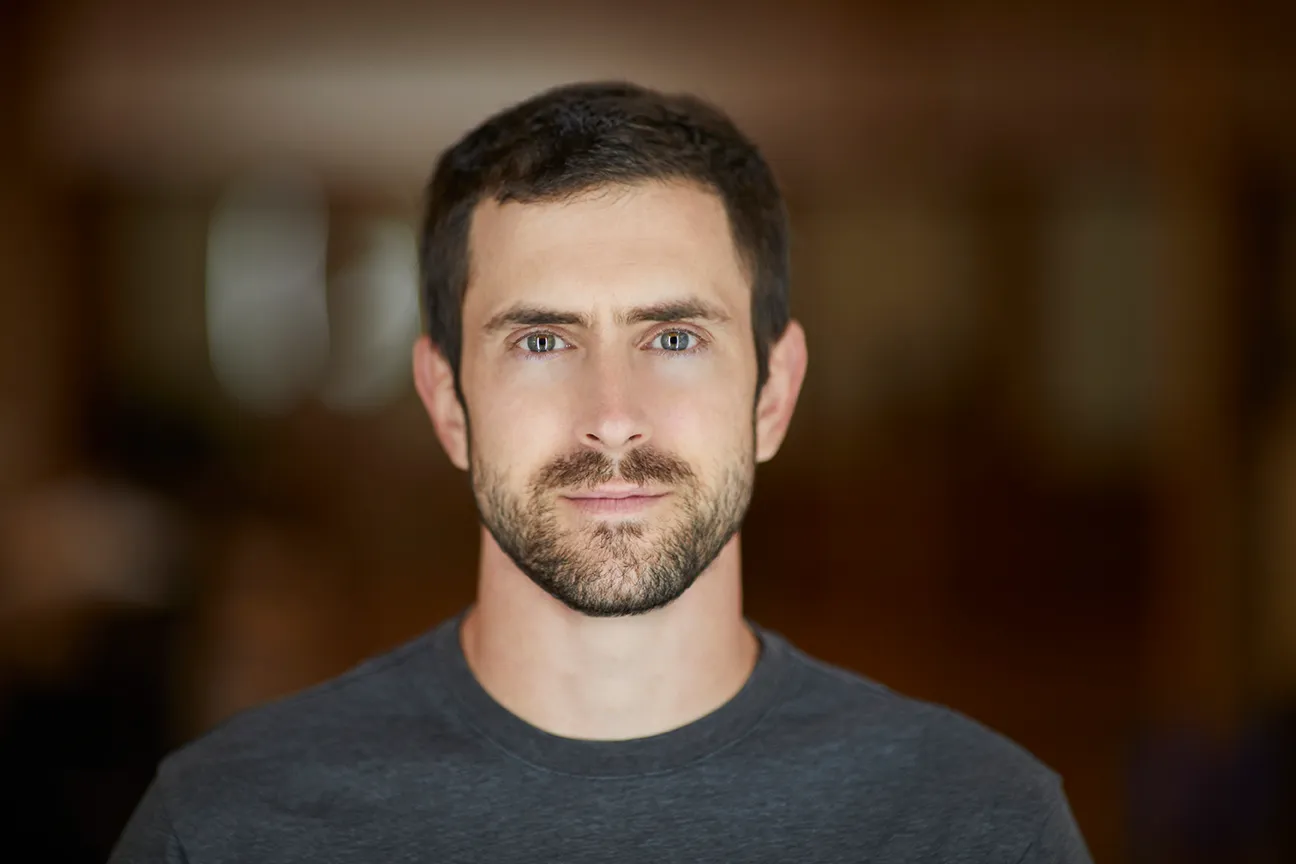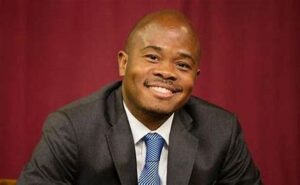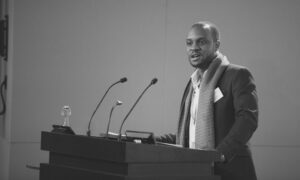Rinaudo Christian, the visionary founder and CEO of Zipline, is redefining how the world thinks about logistics and last-mile delivery. With a mission to make essential supplies accessible to everyone, regardless of geography or infrastructure challenges, Rinaudo’s work is having a transformative impact on healthcare and logistics systems worldwide.
Rinaudo’s journey to founding Zipline began with his deep interest in using technology to solve real-world problems. During a trip to Tanzania, he witnessed the critical challenges healthcare providers face in delivering lifesaving medicines and supplies to remote areas. Patients in rural communities often suffered or died simply because essential medical products like blood and vaccines could not reach them in time. Recognizing the potential for innovation to address these challenges, Rinaudo envisioned a solution that could combine cutting-edge drone technology with efficient logistics to create an autonomous delivery network. This vision became the foundation for Zipline.
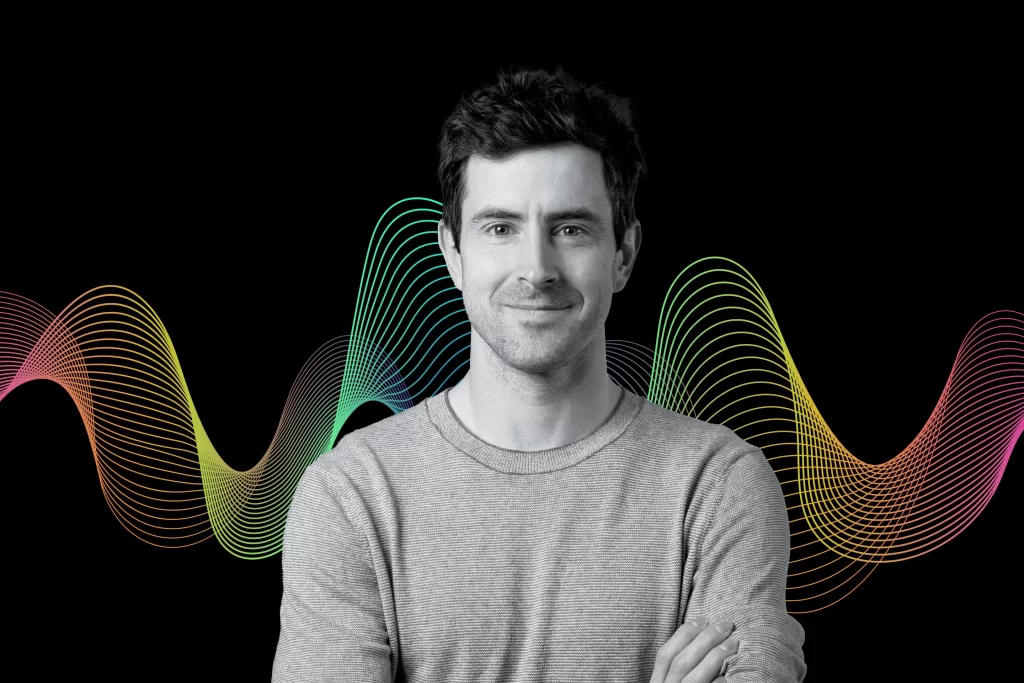
Founded in 2014, Zipline specializes in building and operating autonomous drones to deliver medical supplies to remote and underserved areas. The company’s drones, called “zips,” are designed to navigate challenging terrain and weather conditions, ensuring timely deliveries even in the most inaccessible locations. Zipline’s model is simple yet groundbreaking. Health facilities place orders via text message, and within minutes, a drone is loaded with the required supplies at a Zipline distribution hub. The drone then flies autonomously to the delivery site, drops the package via parachute, and returns to base. This innovative system eliminates the need for traditional, often unreliable transportation methods.
Under Rinaudo’s leadership, Zipline has expanded its operations across multiple countries, including Rwanda, Ghana, Nigeria, and the United States. The company’s work has saved countless lives by ensuring that critical supplies such as blood, vaccines, and medicines reach those who need them most. Some of Zipline’s key milestones include delivering over five million products across thousands of healthcare facilities, operating the world’s largest autonomous delivery network, playing a pivotal role in distributing COVID-19 vaccines during the pandemic, and partnering with governments and global organizations to scale its impact.
Rinaudo’s leadership style is rooted in innovation, empathy, and a commitment to solving meaningful problems. He has fostered a culture at Zipline that prioritizes both technological excellence and social impact. By assembling a team of top engineers, logisticians, and healthcare professionals, Rinaudo ensures that Zipline remains at the forefront of autonomous logistics. In interviews, Rinaudo often emphasizes the importance of mission-driven work. “The problems we’re solving aren’t just technological; they’re deeply human,” he says. “Our goal is to create a world where everyone, no matter where they live, has access to the healthcare they need.”
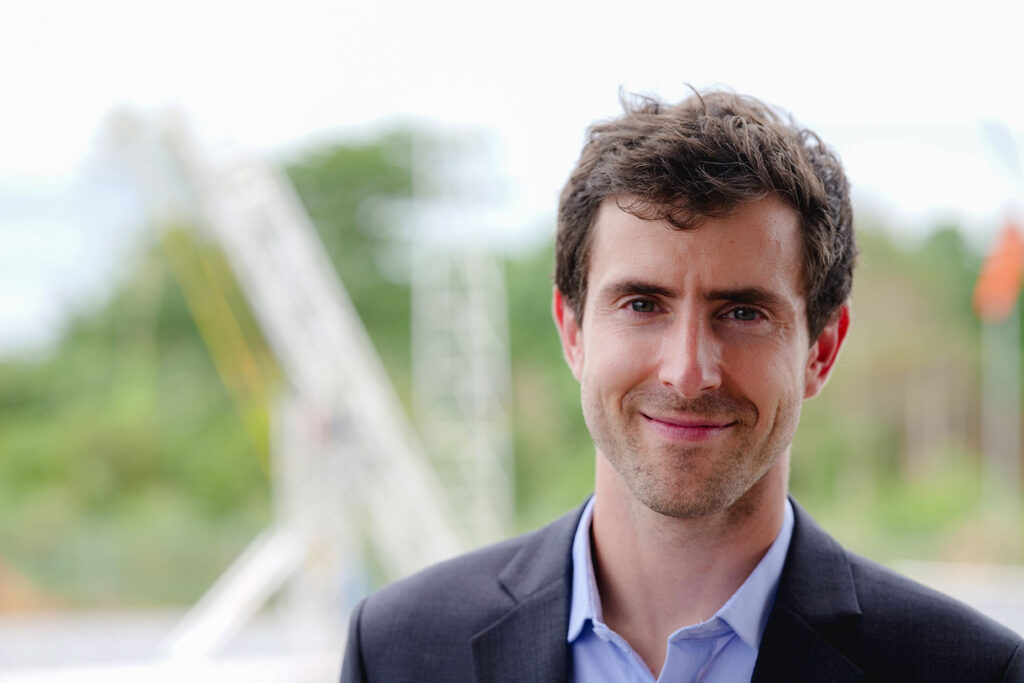
Despite its successes, Zipline has faced challenges, including navigating complex regulatory environments and ensuring that its technology can be sustainably scaled. However, Rinaudo’s resilience and forward-thinking approach have allowed the company to overcome obstacles and continue its growth. Looking ahead, Rinaudo envisions Zipline expanding beyond healthcare to tackle broader logistical challenges. From delivering consumer goods to supporting disaster relief efforts, Zipline aims to revolutionize how goods move around the world.
Rinaudo Christian’s work at Zipline is a powerful example of how technology can be harnessed for social good. By combining innovation with a clear mission, he has created a company that not only changes lives but also inspires others to think differently about the possibilities of logistics and accessibility. As Zipline continues to scale new heights, Rinaudo’s vision for a more connected and equitable world remains a guiding light.
